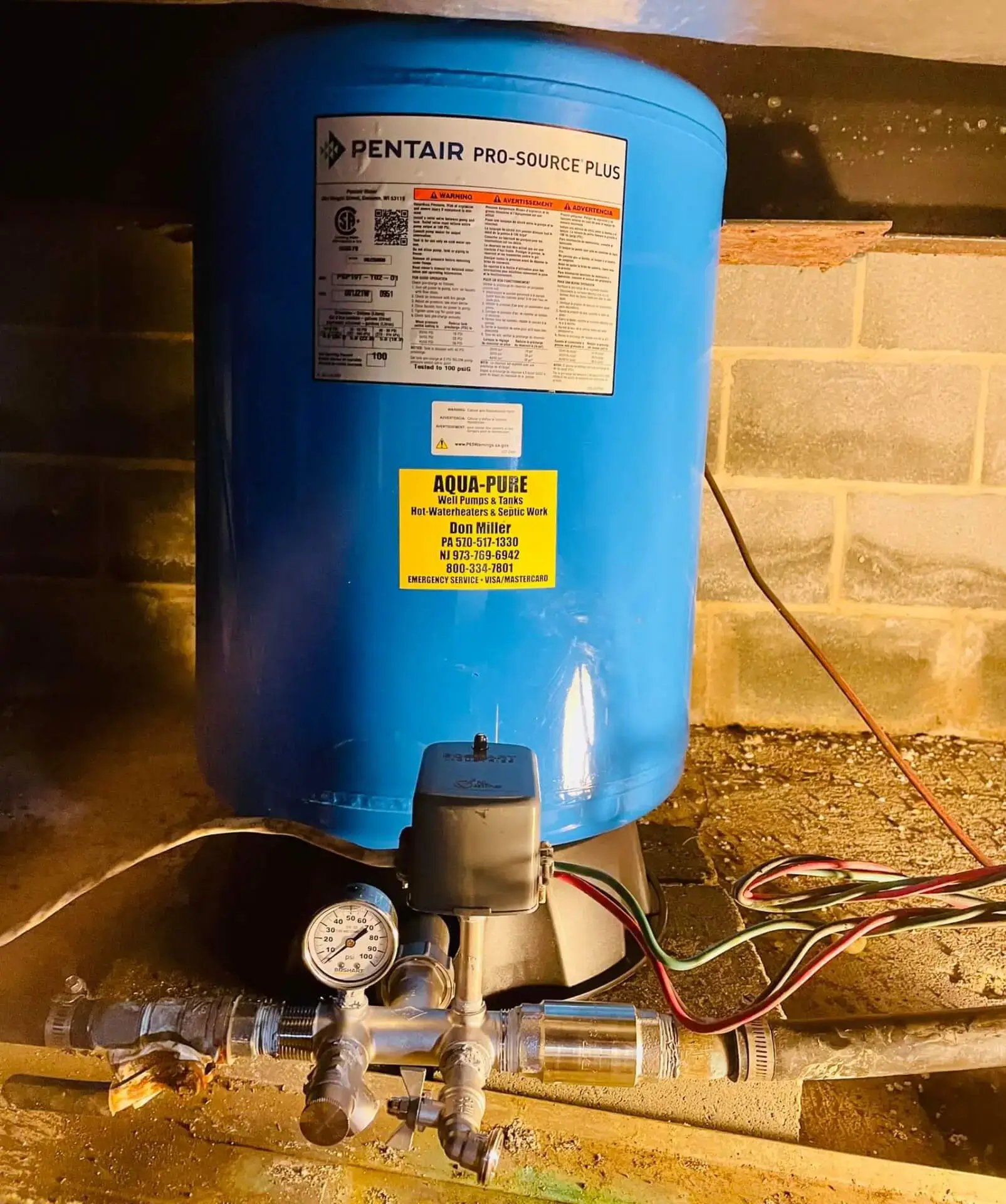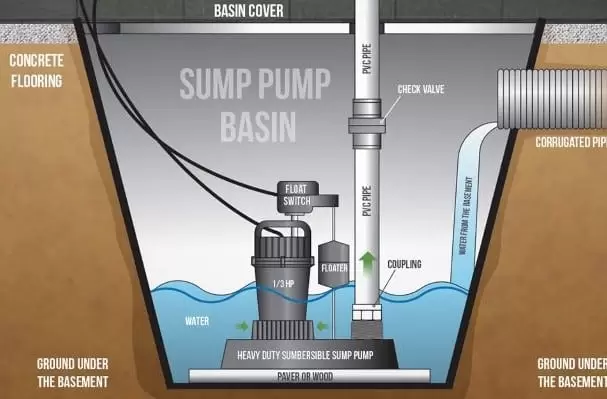Effortless Well Pump Replacement: Rejuvenating Your Water Infrastructure with Self-confidence
Wiki Article
Understanding the Secret Components of Effective Water Filtering Solutions

Relevance of Water Purification Equipment
Water filtering systems play a crucial function in guaranteeing accessibility to clean and risk-free drinking water by successfully removing contaminations and pollutants. These systems are important in attending to the expanding problems over water high quality and the potential health and wellness dangers linked with consuming contaminated water. By utilizing different filtering systems such as reverse osmosis, triggered carbon, and UV sterilization, water filtering systems can efficiently eliminate dangerous materials like germs, infections, hefty steels, and chemicals from the supply of water.Moreover, water filtering systems aid to boost the preference and odor of water by getting rid of chlorine, debris, and various other toxins that can impact its quality. Well Pump Replacement. This improvement in water quality not only makes it much more tasty yet additionally motivates individuals to consume a sufficient quantity of water daily, advertising much better hydration and total health
Kinds Of Filtration Elements

Physical filters are made to literally strain out contaminations from the water. These filters can be made from products like ceramic, carbon, or perhaps sand, and they work by trapping particles bigger than the filter's pores as water passes with.
Chemical filters use different chemical processes to eliminate contaminants from the water. Examples include triggered carbon filters, which adsorb pollutants, and reverse osmosis membranes, which make use of stress to separate pollutants from the water.
Biological filters utilize living microorganisms like germs or algae to break down raw material and contaminants in the water. These filters are commonly utilized in wastewater therapy plants or all-natural water filtration systems.
Understanding the various sorts of filtering components is crucial for selecting the most ideal water filtration system for specific purification demands.
Function of Sediment Filters
Sediment filters play a critical role in water filtration systems by efficiently catching strong particles suspended in the water. These filters are generally the initial line of defense in a filtering system, removing bigger fragments such as sand, silt, dirt, and rust before the water moves through finer purification phases. By capturing these sediments, the filters prevent them from reaching downstream elements, thus expanding the life expectancy and performance of the whole system.The feature of sediment filters is important in keeping water high quality and securing sensitive devices from damages triggered by debris. Additionally, by removing noticeable bits, debris filters boost the clarity and preference of the water. Consistently changing or cleansing debris filters is vital to ensure he said ideal efficiency. Neglecting this upkeep can bring about obstructing, minimized water circulation, and compromised purification effectiveness. Generally, sediment filters are important components that contribute significantly to the efficiency of water filtering systems.
Role of Triggered Carbon Filters
Playing a crucial duty in water filtration systems, activated carbon filters are important in getting rid of impurities and impurities from the water supply. These filters are created to adsorb and trap a vast array of pollutants, including chlorine, unpredictable organic compounds (VOCs), chemicals, and herbicides. The triggered carbon material has a large surface, allowing for the reliable capturing of contaminants with a procedure called adsorption. As water passes via the filter, the triggered carbon draws in and holds onto the impurities, making sure that the water that comes out on the other side is cleaner and safer for intake.Triggered carbon filters are highly efficient at enhancing the taste and odor of water by minimizing chemicals that can affect its high quality. Due to their convenience and integrity, triggered carbon filters are a crucial part in making sure that water is cleansed to the highest possible requirements before reaching customers.
Comprehending Reverse Osmosis Solutions
Reverse osmosis systems are advanced water filtering systems that use an innovative process to remove impurities and contaminations from drinking water. These systems function by applying stress to the water, requiring it with a semi-permeable membrane. This membrane acts as a barrier, permitting just pure water particles to travel through, while blocking larger particles such as minerals, chemicals, and other pollutants. Therefore, the water that comes out on the other side is substantially cleaner and more secure for intake.In addition, reverse osmosis systems are reasonably low-maintenance and can this be mounted under the sink or in a main filtering system, offering convenient accessibility to clean water throughout the family. In general, understanding just how reverse osmosis systems work can aid individuals make educated choices regarding their water purification needs.
Verdict
In verdict, effective water filtration systems are vital for ensuring see post clean and secure alcohol consumption water. By comprehending the function and duty of each component, individuals can make enlightened decisions when selecting a water filtration system.Water filtration systems play a critical role in guaranteeing access to tidy and secure alcohol consumption water by efficiently getting rid of pollutants and impurities. By making use of different purification devices such as reverse osmosis, triggered carbon, and UV sterilization, water purification systems can effectively remove unsafe materials like bacteria, viruses, hefty steels, and chemicals from the water supply.
Sediment filters play an essential function in water filtering systems by efficiently capturing solid particles suspended in the water (Water Filtration Systems).Playing a crucial function in water filtration systems, activated carbon filters are instrumental in getting rid of impurities and pollutants from the water supply.Reverse osmosis systems are advanced water filtration systems that utilize a sophisticated process to remove contaminants and pollutants from drinking water
Report this wiki page